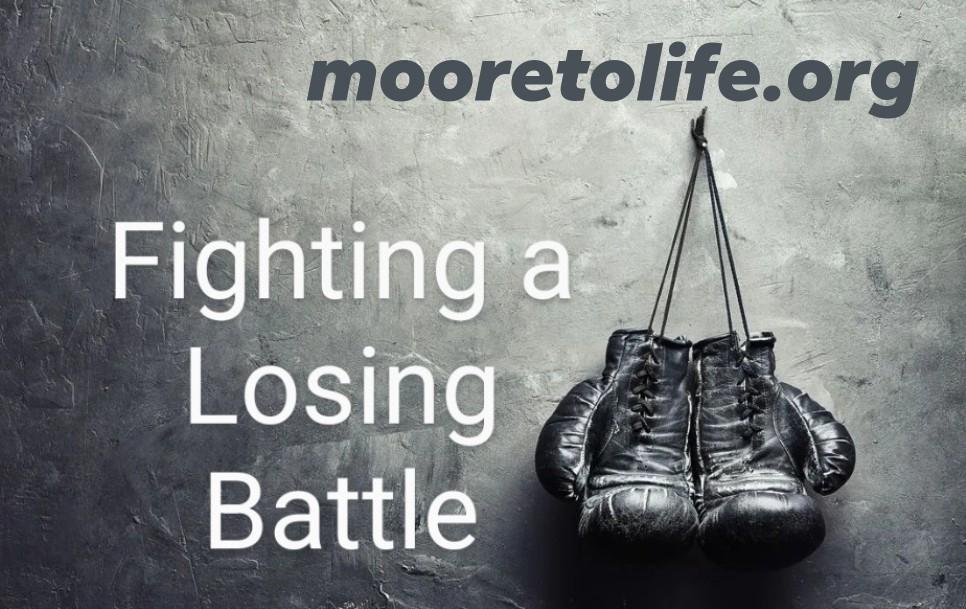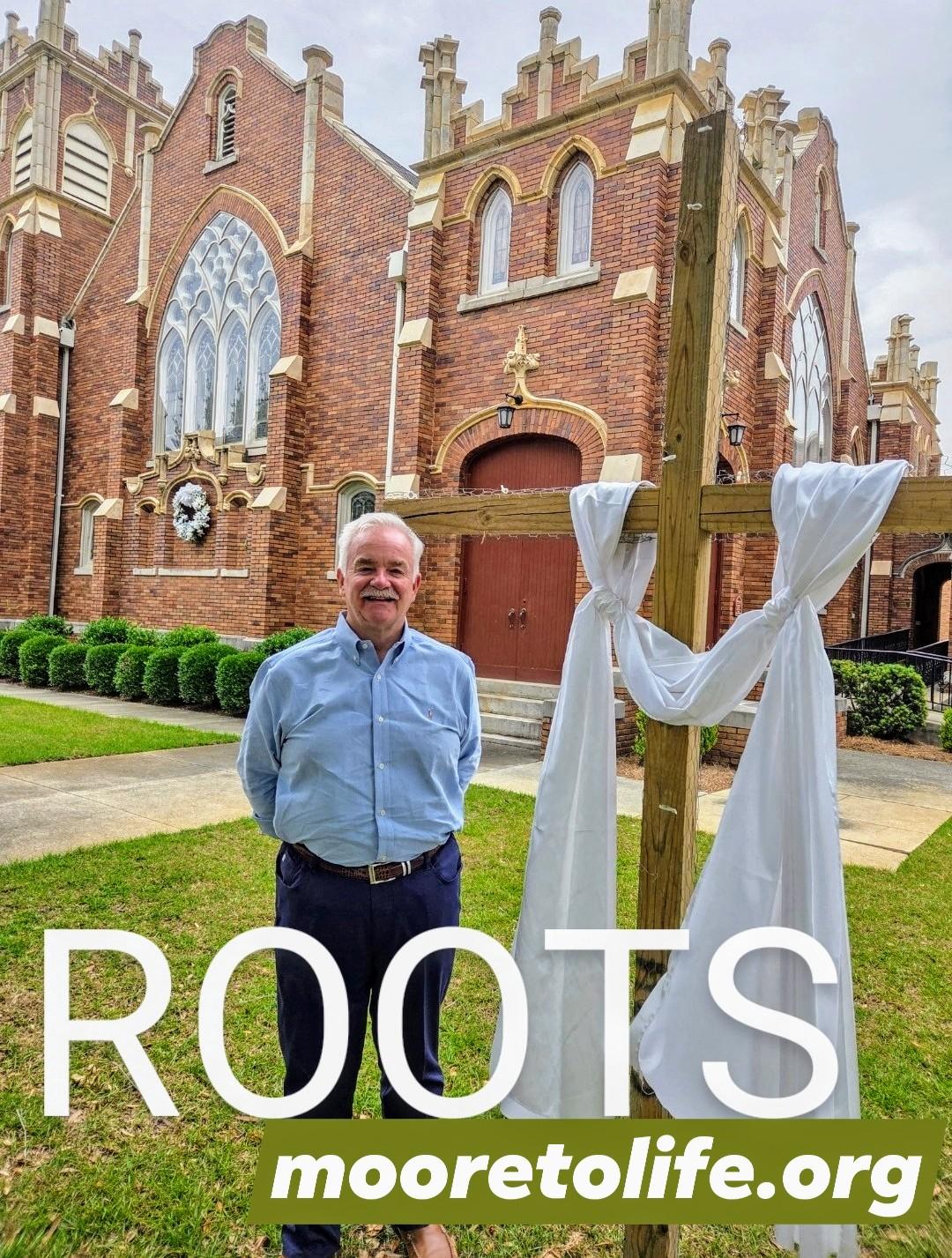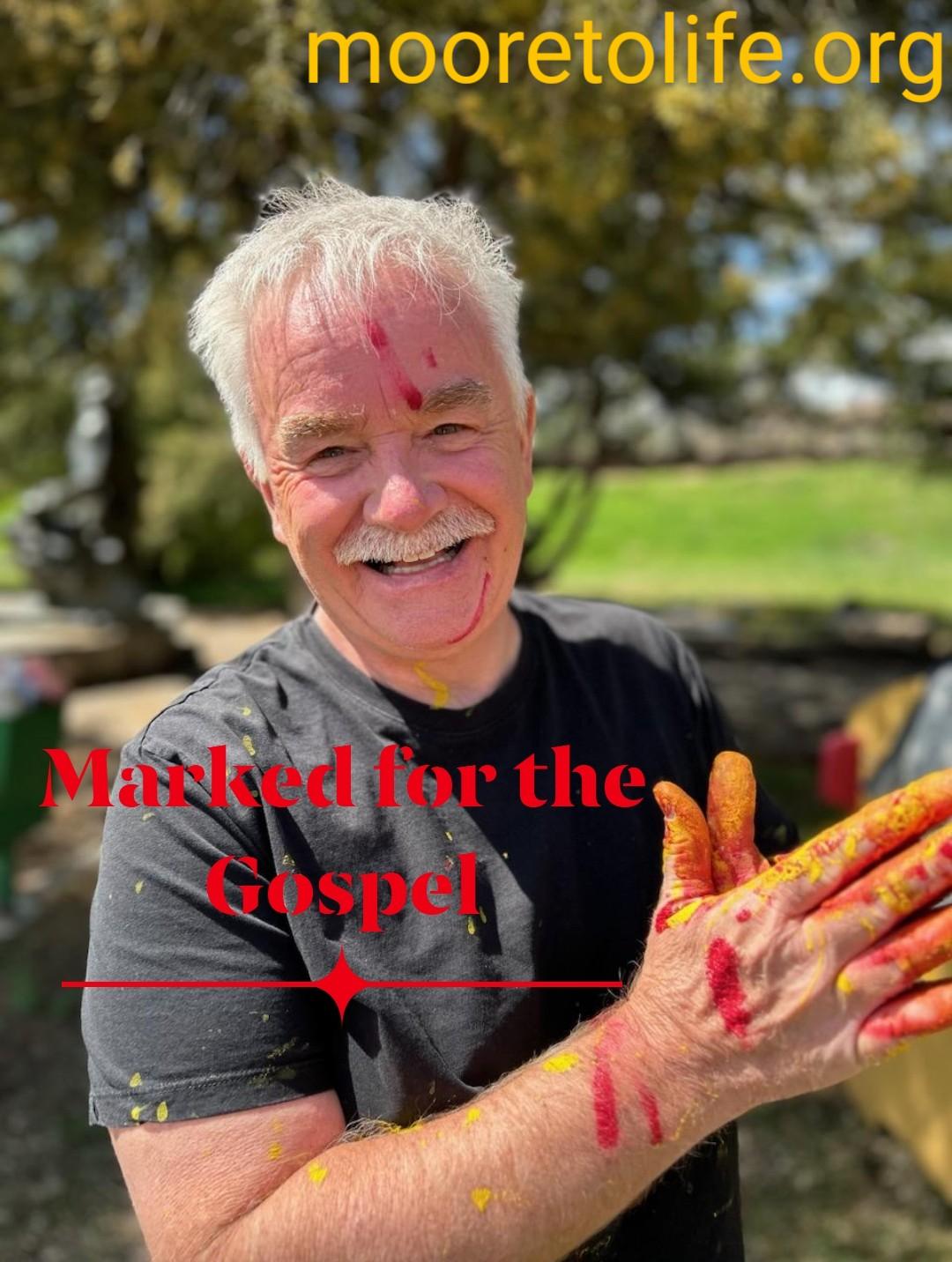
Everything about our country would be wonderful if it weren’t for those awful sinners.
Ever felt like that? It’s an easy assumption. Until we read Luke 13:6-9. I didn’t plan to blog on this subject, but my personal Bible study changed my mind. When Jesus tells a story and includes manure in it, it does make you think.
Anyway, this brief parable is worth some consideration. A man gets upset because his fig tree won’t bear fruit, and he tells the vinedresser to chop it down. But the vinedresser persuades the man to let him dig around the tree and fertilize it – and to wait one more year before he gives it the ax.
What’s going on in Christ’s story? In the immediate context, God’s people need to repent before they experience God’s judgment. Read it for yourself. It’s quite striking. Maybe we’re not used to illustrations so down-to-earth.
I’ll never forget what I was taught by an older pastor years ago: “When the plain sense of Scripture makes common sense, seek no other sense.” It’s a great rule of thumb for Bible study. It means that we should always accept a Bible passage at face value, unless the Bible itself demands otherwise. So, when it comes to understanding the meaning of words – these or any others in the Bible – the ordinary, the usual, and the literal is the best place to start.
Common sense. The Bible calls us to common sense. Folks in the South used to refer to common sense as “horse sense” in my neck of the woods. I still like that colloquial term, and it still fits when you and I take up God’s Word: We need horse sense!
The parable’s setting includes a vineyard, a fig tree, and an anticipated fruit harvest. All three should have been recognizable from the Old Testament Scriptures: 1. a vineyard, as a metaphor for God’s people (Isaiah 5:1-7); 2. a fig tree, also as a metaphor for God’s people (Micah 7:1); and 3. the expectation of fruit, which we see clearly in both. Back then, it was common to plant fig trees in vineyards, as grapes were grown on fig trees to support the vines.
We find the parable’s context in the chapter’s first few verses, where Jesus is told of a tragedy that must have taken place while He wasn’t around. We don’t know the details, except that Pilate killed some Galileans while they were offering their temple sacrifices. Maybe the victims were rebels, but we don’t know. What we do know is that Jesus knew that those who were telling Him this story were assuming that these Galileans had been judged by God for being particularly bad sinners. This was a common assumption among many people back then, particularly the religious types, an assumption shared by Jesus’ disciples – as evidenced in the account of the man born blind (John 9:1-3). Everyone in town assumed that something as awful as being born blind must be the result of some terrible sin on somebody’s part.
You and I are a lot like the people wanting to establish an immediate cause-and-effect relationship between the trouble of blindness and somebody’s else’s sin. Truth is, friends: We’re just not too skillful when it comes to identifying the problem when we look in the mirror. Surely I am never part of what’s wrong with the world!
It’s very dangerous to assume that somebody else “has it comin’ to ‘em.” Remarkably, Jesus adds another example of tragedy and makes His powerful point a second time: “Do you think that they were worse offenders than all the others? … No, I tell you, no; but unless you repent, you will all likewise perish.”
I think that Jesus is confronting the same self-righteousness that He later challenges in the parable of the Pharisee and the tax collector (Luke 18:10-14): “… For everyone who exalts himself will be humbled, but the one who humbles himself will be exalted.”
Hmmm. I’m the one being called to humility. Moi. That’s the point. My concern should never be whether or not somebody else gets humbled. It’s my pride that’s the biggest problem. Back to the spreading of the manure in the pungent story told by Jesus, the vinedresser knew just what to do to enrich the soil – and I’m so grateful that God’s disposition toward us is the epitome of longsuffering. But, if you’ll allow me to apply the text personally for a moment, it’s my sin that stinks to high heaven.
As the Apostle Paul, quite directly, later asks the Roman Christians (2:4): “Do you presume on the riches of his kindness and forbearance and patience, not knowing that God’s kindness is meant to lead you to repentance?” How easy it is for all of us, friends, to take for granted the patience of God! Let’s not do that.
This may sound crude, and perhaps it should: The manure has been spread, y’all. In a very earthy illustration, Jesus reminds us that He expects our lives to bear the fruit of His Spirit. Christ has saved us by His grace alone, through faith alone, but genuine faith produces fruit – including the fruit of repentance.
Today is a great day for us to recognize how readily – automatically, in fact – we see others as worse sinners than we. It’s quite natural to deceive ourselves in this way. It even feels good, temporarily. But our Lord Jesus will tolerate no such pride! (Isn’t it always easier to notice someone else’s pride?) The Apostle Peter warns us all (4:17): “For it is time for judgment to begin at the household of God; and if it begins with us, what will be the outcome for those who do not obey the gospel of God?” The best thing you and I could do today is repent.
None of us knows when our days on Earth are complete, so we must be ready at any moment. This is why Jesus calls us to have humble hearts before Him. You and I must admit that we deserve God’s judgment as much as anybody else.
Even those people.
Ah, the wonder of Christ’s grace. Here’s some horse sense: When it comes to my sin, grace is the only thing that makes any sense at all.
Pastor Charles










Recent Comments